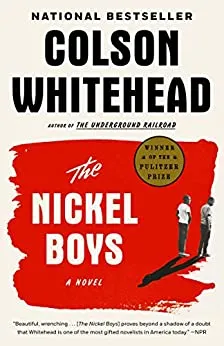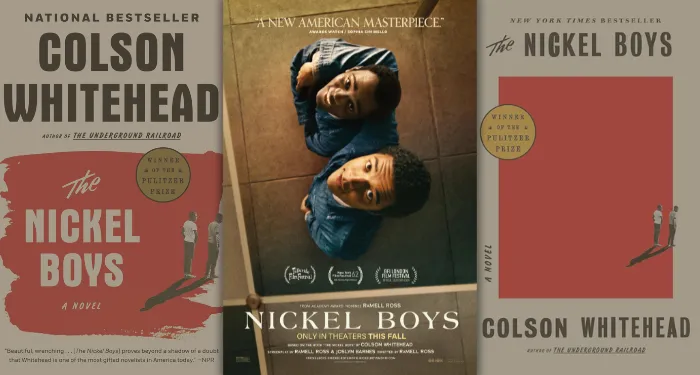
Everything You Need to Know Before Watching NICKEL BOYS
Content note: The book, movie, and this article include discussions of racism, ableism, classism, child abuse, incarceration, and murder.
Nickel Boys is a film adaptation of Colson Whitehead’s 2019 novel The Nickel Boys, which won the Pulitzer Prize for Fiction in 2020. Whitehead previously won the Pulitzer Prize for Fiction for The Underground Railroad in 2017.
Elwood Curtis, The Nickel Boys’ protagonist, is a brilliant, Black high school student in 1962 Tallahassee. Mr. Hill, Elwood’s caring, activist teacher, refers Elwood for free college courses while he’s still in high school. On his way to his first college class, Elwood is falsely accused of stealing a car. He’s arrested and sent to Nickel Academy, a reform school where students experience racist, sexual, emotional, and physical abuse.
Nickel Boys premiered at the Telluride Film Festival in August and will have a limited theatrical release starting October 25th. RaMell Ross directed the film and adapted the screenplay. The cast includes Ethan Herisse as teen Elwood, Daveed Diggs as adult Elwood, Jimmie Fails as Mr. Hill, and Aunjanue Ellis-Taylor as Elwood’s grandma, Hattie. Elwood’s friendship with fellow Nickel student Turner (Brandon Wilson) is central to the book. The novel alternates between the 1960s and the 2010s, so casting characters at different ages makes sense.
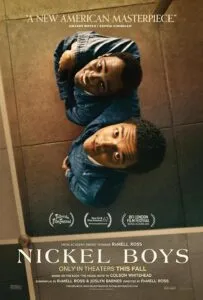
Whitehead’s restrained, nuanced writing style emphasizes trauma’s lifelong consequences on his characters. Similarly, critics have praised the film for using first-person POV shots, which are rare in movies, to focus on characters’ memories rather than graphic scenes of violence.
In his Acknowledgements after the novel, Colson Whitehead explains that The Nickel Boys is historical fiction. It was based on the Arthur G. Dozier School for Boys in Marianna, Florida, which closed in 2011 and was notorious for the abuse and deaths of students. Whitehead cites Ben Montgomery’s investigative journalism, the official website where Dozier survivors connect and share their stories, and many other sources.
After you read The Nickel Boys or watch the movie, the best place to start is with the authors Colson Whitehead’s characters read in his novel or the sources he used while writing it. I’ve also recommended a couple of readalike novels that deal with similar topics: friendship, education, racism, incarceration, and abuse.
Whitehead’s Nonfiction Influences
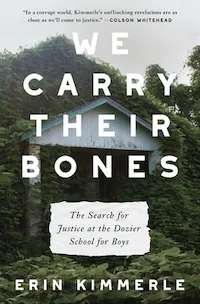
We Carry Their Bones: The Search for Justice at the Dozier School for Boys by Erin Kimmerle
Whitehead’s Acknowledgments thank Dr. Erin Kimmerle for letting him read her and her graduate students’ forensic anthropological work. In 2022, that research was published in a nonfiction book. Whitehead’s prologue opens in the marked and unmarked graveyards on the Nickel campus. At the Dozier School, dozens of students were killed through abuse and neglect and buried in unmarked graves. Kimmerle’s team identified the remains, which helped families get closure and re-bury their loved ones.
Whitehead also recommends two nonfiction books by Dozier survivors: The White House Boys: An American Tragedy by Roger Dean Kiser and The Boys of the Dark: A Story of Betrayal and Redemption in the Deep South by Robin Gaby Fisher, Michael O’McCarthy, and Robert W. Straley.
Elwood’s Favorites
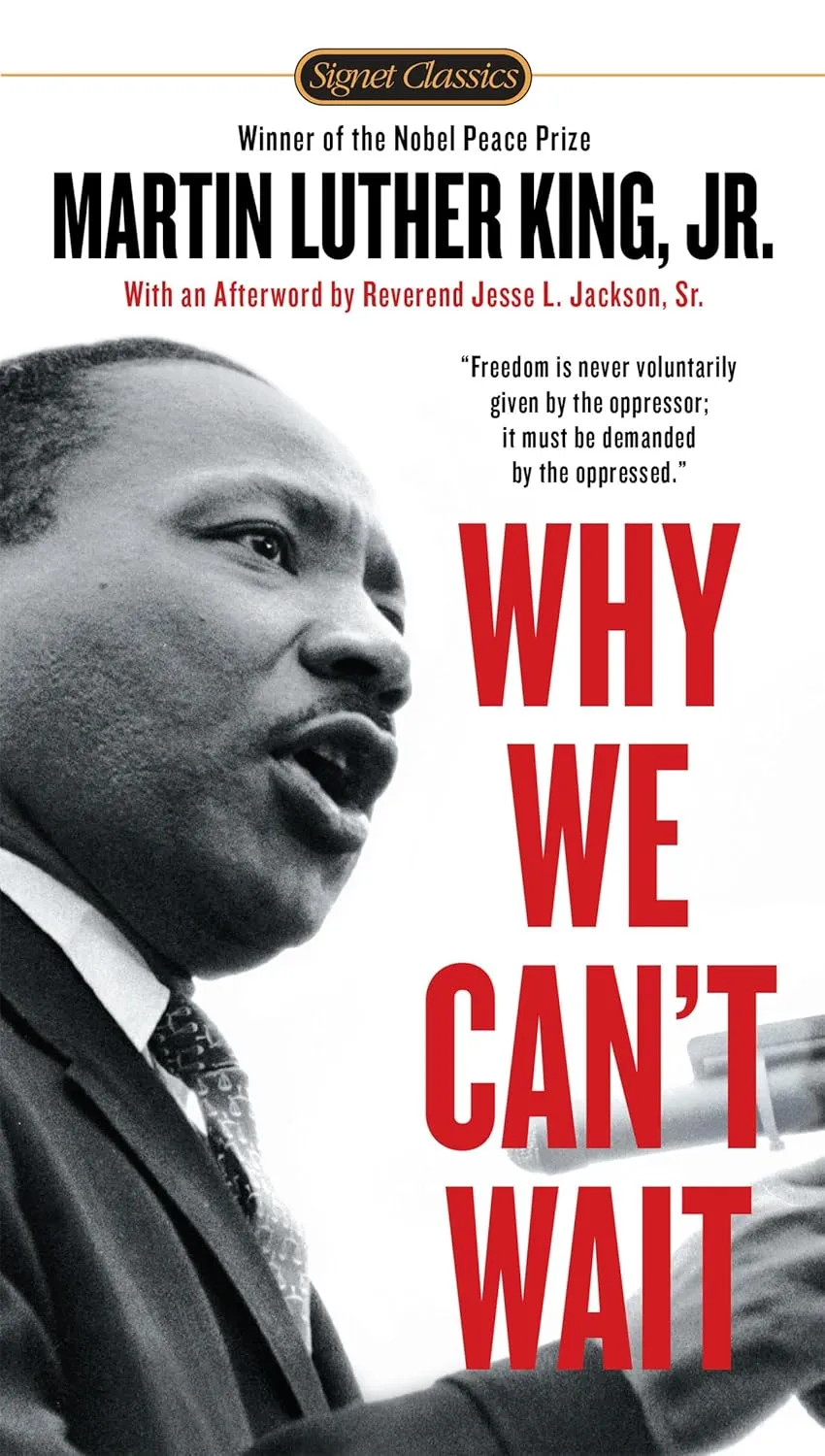
Martin Luther King, Jr.’s books and speeches
When Elwood still lives with his grandmother in Tallahassee, one of his most prized possessions is the album Martin Luther King at Zion Hill, a recording of his 1962 speech. Elwood relates to Yolanda King not being allowed to visit a segregated amusement park. He often quotes King’s speeches and his Letter from Birmingham Jail. King’s words give Elwood courage and challenge him. Of King’s many books, Why We Can’t Wait (1963) may fit the era and themes of Nickel Boys the best.
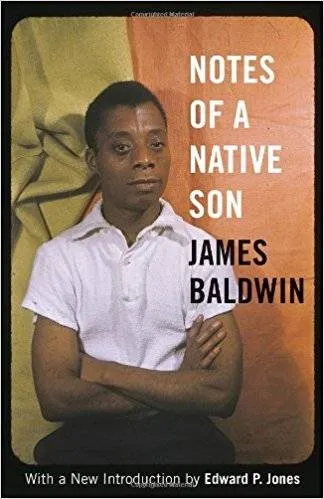
Notes of a Native Son by James Baldwin
Mr. Hill gives Elwood this book, which is a collection of ten of Baldwin’s innovative essays. Baldwin’s fiction is equally brilliant, but his essays on being a Black man in the segregated U.S. resonate particularly with Elwood. This book includes cultural criticism of old and new books and movies, social commentary on the U.S. and Europe, and autobiographical reflections.
The Nickel Boys Readalikes
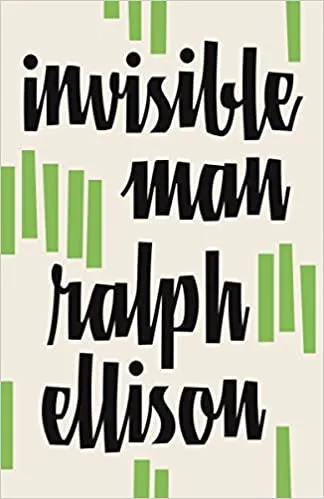
Invisible Man by Ralph Ellison
This novel, which won the National Book Award in 1953, is a classic everyone should read. “I am invisible, understand, simply because people refuse to see me,” the unnamed narrator writes. The protagonist is a young, brilliant Black man in the segregated US South. In his quest for education, he wonders whether a segregated education does more harm than good. The Nickel Boys’ prologue says the school’s atrocities have been “neatly erased from history.” Nickel students often feel forgotten and invisible.
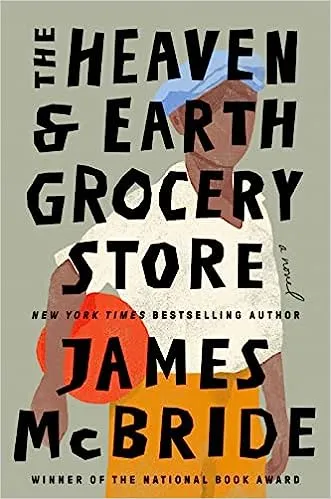
The Heaven & Earth Grocery Store by James McBride
This historical novel, set in Pottstown, PA, opens in the 1970s, then moves back to the 1930s. The solidarity and overlap between the town’s Black, disabled, and Jewish communities are the heart of the story. In an abusive institution, a Black Deaf boy and a white boy with cerebral palsy befriend each other and invent their own form of communication. In institutions that isolate and brutalize people, like Nickel, friendship and plotting escape are radical and dangerous.
If you’re looking for more resources, check out these book club questions on The Nickel Boys.



